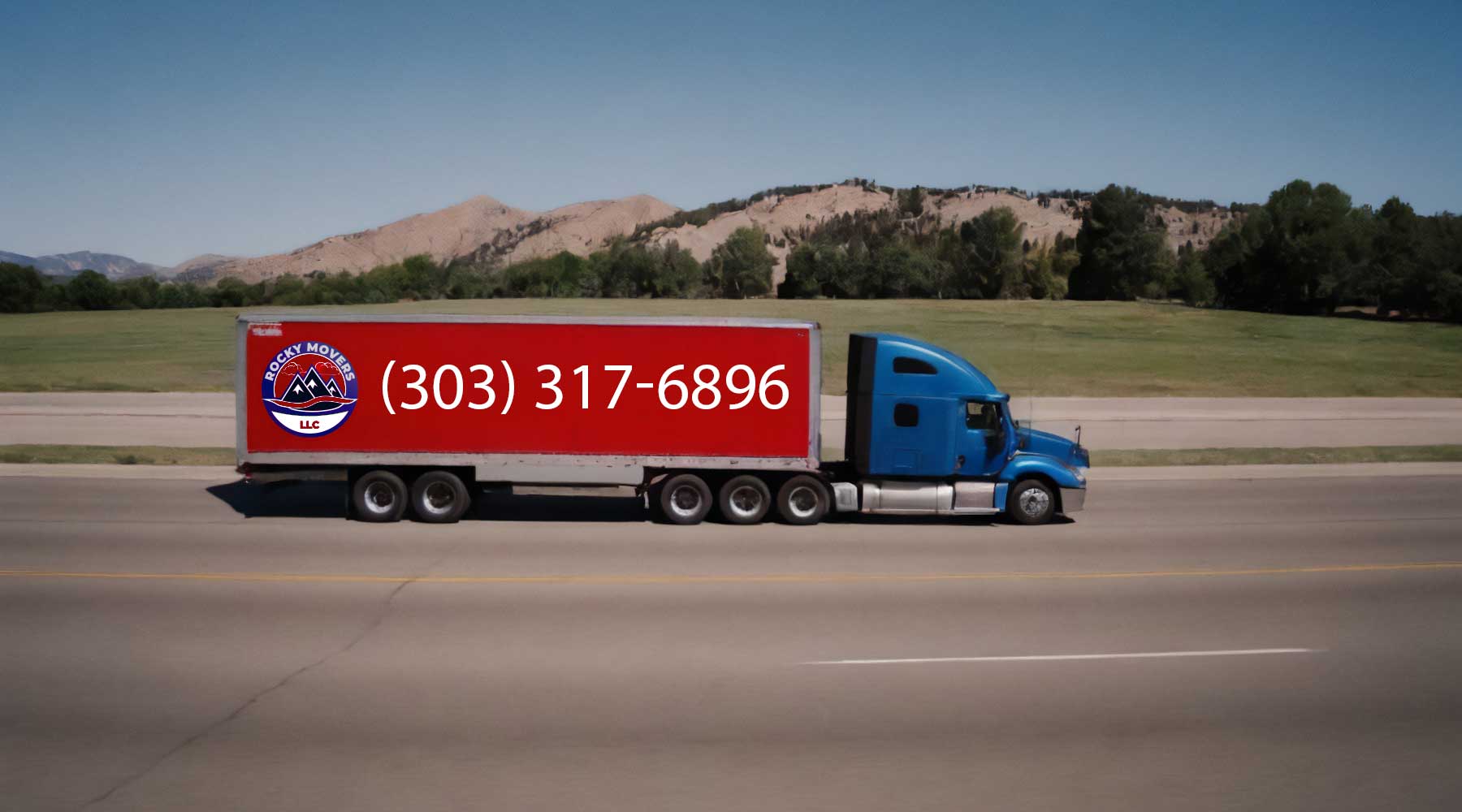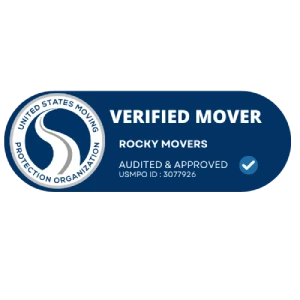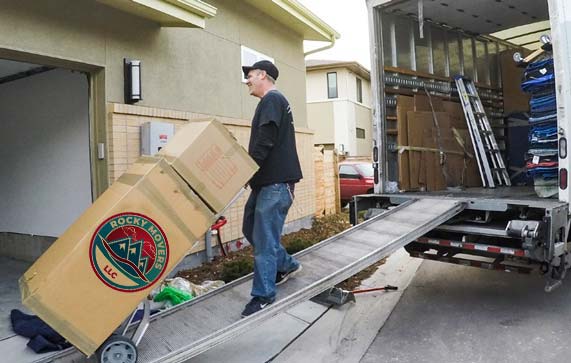Relocating is something most people have done in their lifetime or will need to do, and the processes associated with moving can bring up feelings of excitement, coupled with fears, happiness paired with a tinge of sadness and worries over how to get things done or how much it will cost to do so.
Long-distance moving brings its own set of barriers and characteristics separate from local moves because people are physically and emotionally moving into new territory, and there are financial implications to all of this.
Understanding, negotiating, and managing your moving costs is a logistics you cannot get around.
The pricing of cross-country moves with the help of professional movers has drastically changed over the past few years.
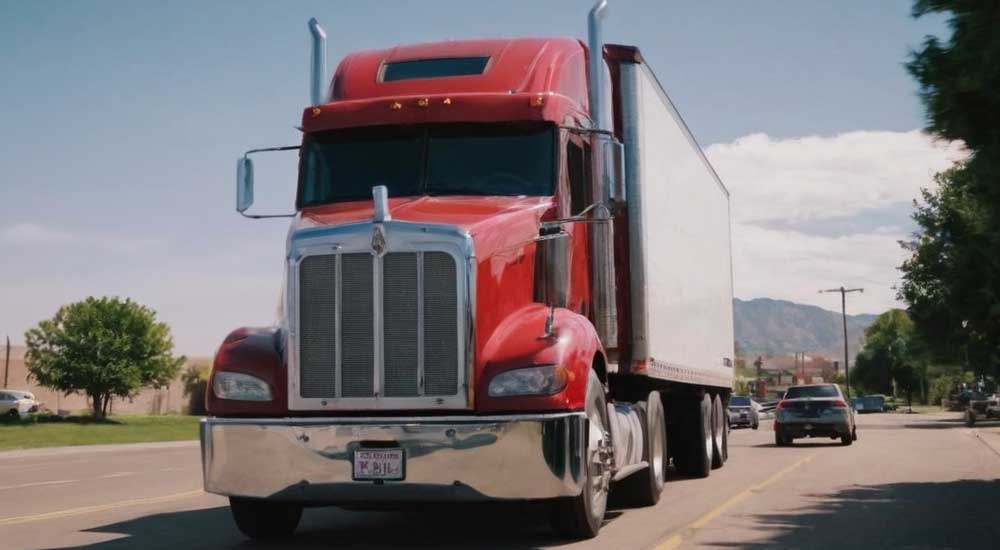
Moving Company Prices and Average Costs Associated with Moving Expenses Have Seen a Rise Since the Pandemic
Moving companies can set their own rates and reasons for itemized charges on the final bill, but with all of these dollar signs, there is a more extensive explanation behind it.
This all started amidst the boom of people moving during Covid-19.
When the world shut down, and citizens across the country could suddenly work from home or in remote environments, many chose to find lower living costs and a change of scenery.
This is a stark contrast from the moving industry currently, where things have slowed tremendously, and interstate migration patterns continue to decrease for Denverites, potential Denver residents, and throughout the nation.
A Changing Landscape to Navigate If Requesting Moving Services
The initial increase in moving costs began back in 2020, and while there have been changes from month to month, the overall cost for a long-distance has seen a significant jump.
In 2020, the average cost for a long-distance move sat at approximately $4,000.
In 2023, the typical price of a long-distance move was $5,400. These numbers can vary depending on the moving company you are working with, where you travel, and how much stuff you bring.
There is significant variance in relocation prices as everyone is headed to different places, and the details of volume or weight and fuel cost factors all influence the total cost.
But the sheer weight of these numbers has deterred many from making their moves because they cannot thoroughly justify why the price is being charged.
The Cost to Move Will Continue to Fluctuate in the Years Ahead
Everyone in Colorado immediately saw the pricing of all their essential goods and services increase following the nationwide shutdown.
We were all expecting this, but not necessarily at the steep hill; it did because now those mountains are ones we have to climb.
This includes moving companies; as manufacturing slowed and fuel prices continued to climb, so did everything else those within the moving industry required to run a successful business.
In 2024, we are just now seeing some changes to rental rates, housing costs, and some essential goods, but there has yet to be stability in the market, and therefore, the cost of moving remains expensive.
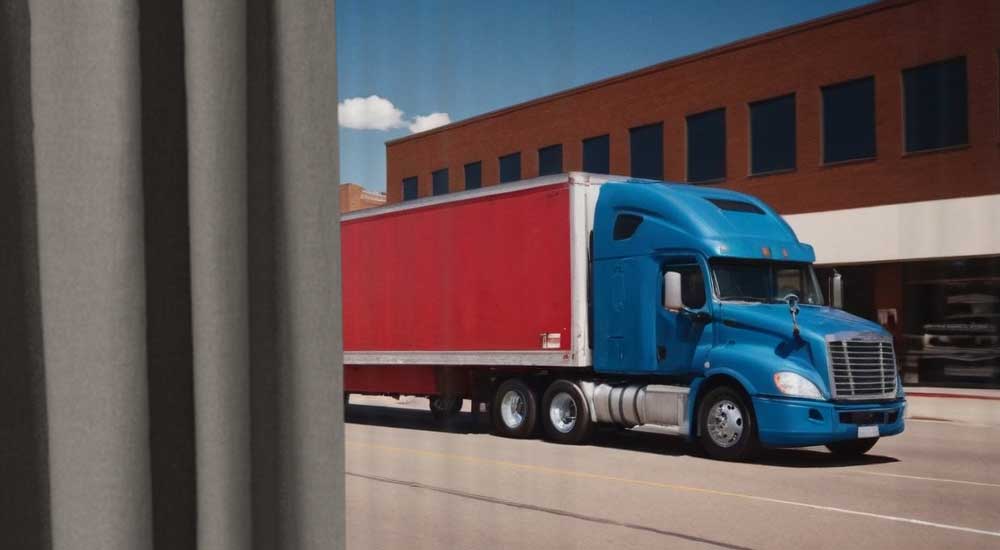
There is More to Moving Behind the Scenes Than You Might Think
When hiring movers, your moving prices should be straightforward, and your relocation representative should be capable of reviewing all the itemized charges and additional services that have created your final moving price.
But there is so much more that goes into the process than one may think, and when you are not a part of the industry every day, it may be challenging to conceptualize the details.
Even when renting a truck or booking movers during the off-season, you still have to understand how your budget fits into the cost to move, and knowing how to choose a moving company is a relevant part of the bigger picture.
If you stick with the right moving company, you will reap the benefits they supply their customers!
Hiring Professional Movers Comes with Labor Costs
Moving companies do not advertise themselves as full-service movers for no reason; they provide a complete package with lots of manual labor during your cross-country move!
After all, most people moving to or from the Mile High City are soliciting support from a moving company because they provide all the heavy lifting for your furniture, boxes, driving, etc.
Breaking Down the Potential Overall Cost of a Long-Distance Move
Not all moving companies charge for a long-distance move precisely the same, but most will follow the same formula of weight or volume x distance and additional fuel costs.
These components are used to calculate the line haul or the base charges of your relocation journey.

Weight or Volume
The amount of things you are hauling with you will inevitably affect the total cost of your move.
Your sales or moving representative often asks for your goods inventory to develop an accurate quote.
Some moving companies will charge according to the total weight of your belongings, and others will utilize the volume, which is then multiplied by a rate formulated due to the distance you will be traveling.
If you are only bringing a few items, the total cost of your move will be less than if you are transporting a large house full of belongings.
Distance to Delivery
As stated, the distance traveled for your interstate movers to reach the final destination also impacts your costs.
The rate is predetermined, but you also have to consider the fuel expenses of a moving vehicle.
These costs have increased for everyone, and moving companies have been affected, causing a change in the average rate charge per pound or cubic foot.
But if you are headed to the West Coast, it costs less than moving from the East Coast when your origin location is within Colorado.
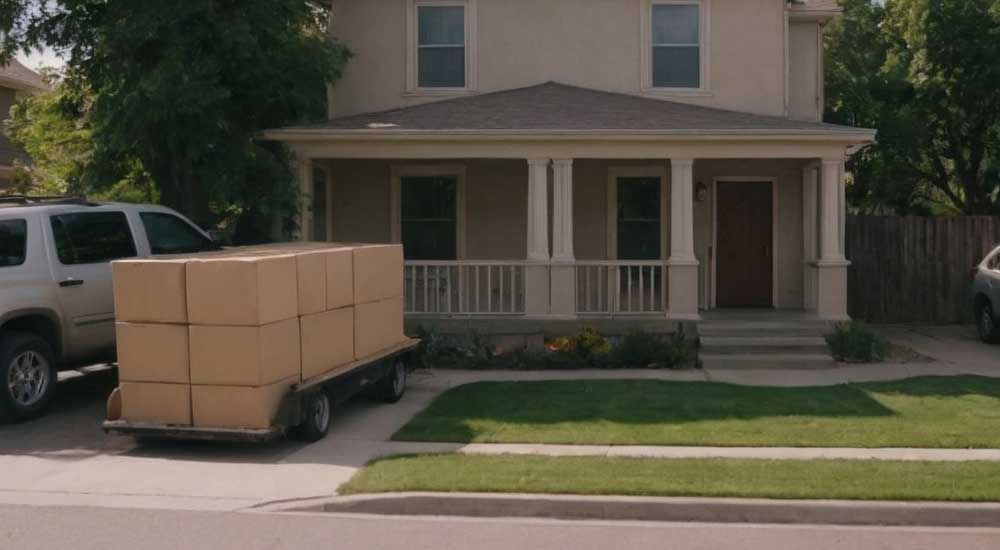
Long-Distance Moves Require Supplies and Specialized Equipment
Several factors influence your final bill; additional charges may be associated if your moving crew needs to utilize special equipment.
Every long-distance move has its circumstances, but when they require specialized equipment or more labor, you will see that reflected on your invoice.
Additional Costs Associated with Long-Distance Moves
Your moving company should always remain transparent about these additional services as they are directly associated with your total cost to move.
Stair & Elevator Fees
Stair fees are included in your movers’ contract. Many moving companies will provide the first flight of stairs, and any additional flights impose an additional fee.
Moving with an elevator is categorized as a time-consuming task, and there may be a one-time fee for its use if required.
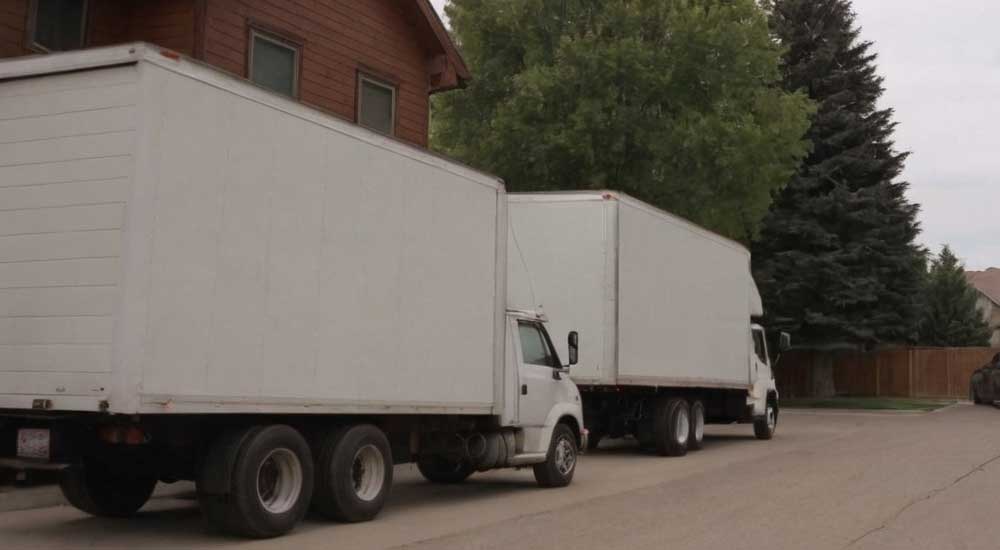
Long-Carry Charges
Your movers should provide a set length of carry that is included with your relocation quote, but any additional carries an additional charge.
Shuttle Truck Requirements
With long-distance moves, truck drivers travel across the interstate in large semi-trucks. If that truck cannot access your pickup or delivery location, they need to get a smaller truck rental and deliver from there.
You Will Likely Need Packing Services
If you are pursuing the internet for packers and movers near me, you will probably require packing materials and assistance to get your stuff across the country.
But your professional packers are not included with the moving services without charge, and neither are the necessary supplies.
Packing Materials & Professional Packers
The packing supplies used for your move are another component that feeds into the total costs.
Most moving companies will charge for any of the following:
- Boxes
- Mattress bags
- Bubble wrap
- Moving pads, if not taken back
- And some companies even opt to charge for packing tape.
Speciality Packing Options
While there are plenty of alternative options for packing things up, there are some items you cannot skimp on:
- Extra large, bulky, fragile, or items of extraordinary value may require soft or hard crating.
- These are additional packing supplies and labor costs associated with your moving process.
- All of these materials have seen a price increase, which has resulted in relocation professionals raising the cost of their material fees.

Long-Distance Moving Insurance Must Be Taken into Consideration
When moving long distances and placing your entire household on moving trucks, clients are concerned about the security of their belongings in transit.
While licensed movers will always use superior packing materials and take great care with household goods, opting for a safety net in case of an accident is extremely important to many relocating from state to state.
Clients can choose from a few options to protect their items on the moving truck.
Released Value Protection Versus Full Value Protection
Released Value Protection: This is often included with your move at no additional cost. It offers $0.60 per pound per article coverage and is the most basic moving insurance option.
Full Value Protection: This insurance coverage makes your moving company liable for a replacement value of your lost or damaged goods. However, this requires a full packing service through the crew and additional costs for the coverage.
Third-Party Moving Insurance Costs When Moving Longer Distances
You can also contact outside insurance companies for assistance transporting items of extraordinary value or importance.
It is a wise idea to check with your homeowners’ or renters’ insurance before doing so, as you can potentially save some money if they offer coverage in transit.

Storage is a Factor for Some Long Distance Moves
Long-distance moving is quite the journey, and even when you plan accordingly, situations may arise that surprise you.
Whether that is the house you wanted falling through, an inability to locate the perfect condo or apartment, etc.
Those relocating may not immediately have a permanent place to move into, so having a secure storage unit or location is critical!
Review Renting a Storage Unit or Storing with Your Interstate Moves
If you are working with a moving company, they will provide short and long-term storage options available according to a monthly fee.
If you choose to move using truck rentals, you must locate an independent storage company to rent a unit from until you can move into your new home.
Closing and Move Out Fees are Expected
If you are stuck on what movers cost, don’t forget all the other details of moving across the country.
Be prepared for those closing costs and any cleaning fees that come with moving out of an apartment or rental property.
The Logistics of Moving Cross-Country
We sometimes look over these little details when prepping to move long distances, but they still play a large part in all the costs and fees that come together when relocating.

Must-Have Essentials & New Furniture Items
Even though most plan to hire movers to move their furniture and household goods, when you are moving to a space, what you want out of that place may differ from your previous, and it provides different dimensions in each room, resulting in the need for more furniture and essential household items.
Settling into Your New Environment
This is a large piece of creating your new home, purchasing your first couch that perfectly suits your living room, or new bedding for your children.
Whether moving from a big city to a small town or the other way around, you will probably need more than what comes off your moving truck – further increasing the cost of the process.
Save Money & Cut Down Your Moving Costs
You can actually save money with moving companies in Denver if you know how to prepare for the move date and are working with the right relocation experts!
While all these different characteristics contribute to you consistently expanding or proceeding past your initial budget, you can plan carefully and work with your movers to keep things where they need to be financially.
Request Quotes from Multiple Reputable Moving Companies
Before hiring movers and finalizing the details for your relocation project, check with more than one company to get a better picture of your options.
Requesting quotes from different moving companies gives you a feel for what will work for your move and what won’t.
Compare those companies to see which business is the best fit to help with your relocation process.
Ask Your Cross-Country Movers About Discounts Available
Companies will provide discounts depending on the time of year and availability.
Usually, discounts are available for senior citizens, military personnel, veterans, teachers, students, etc.

Rid Yourself of Things You Don’t Need to Move Across the Country with Your Household
- Try to plan and set aside time to begin categorizing and decluttering your home or apartment.
- Take everything in one room or section of the house at a time.
- Separate your items into keep, donate, consign, or trash piles.
- Set aside a day to deliver your donations and consignment pieces.
- Remember, the fewer items you pack, the more you will save on your move!
Consider Packing All the Boxes You Can Before Your Movers Arrive
When you are moving from Denver to another state and have some time on your hands or are working on a tight budget, packing your belongings and remaining resourceful with your materials can help lower your moving costs.
Avoid Booking Full-Service Movers During Peak Season if Possible
The busiest time of year to book a move is between April and September, with May through August being the most active months of the year with capacity constraints for scheduling and higher rates.
Booking your move between November and February offers the lowest rates when moving long-distance.
Save Your Receipts for Tax Deductions
Don’t forget to save your paperwork and any receipts for items you spent during your relocation process for deductions on your taxes at the end of the fiscal year!

Frequently Asked Questions Throughout the Moving Process
Is booking a moving truck cheaper than hiring professional movers?
This is not always an easy question because it is possible to end up with a move that goes entirely out of your budget range when renting a truck and completing a DIY move.
Even though professional movers come with a bill attached, so does your truck rental, and that is all that you are provided with on a DIY move because you are literally doing everything yourself.
This includes the following:
- Fuel costs.
- Overnight stays at hotels.
- All Packing supplies.
- Moving and vehicle coverage.
- Storage units.
- Loading and offloading.
- Driving, hotels, etc.
Once you consider all of this, truck rentals may not be much cheaper than hiring legitimate movers, and with a company, they take care of everything for you!
What is the difference in distance for long-distance moves vs. local moves?
You don’t always need to be moving out of state for your relocation to be considered a long-distance relo:
- Denver local movers will complete anything within a 50-mile radius, but many businesses will travel further.
- Long-distance moves are categorized as projects over 400 miles.
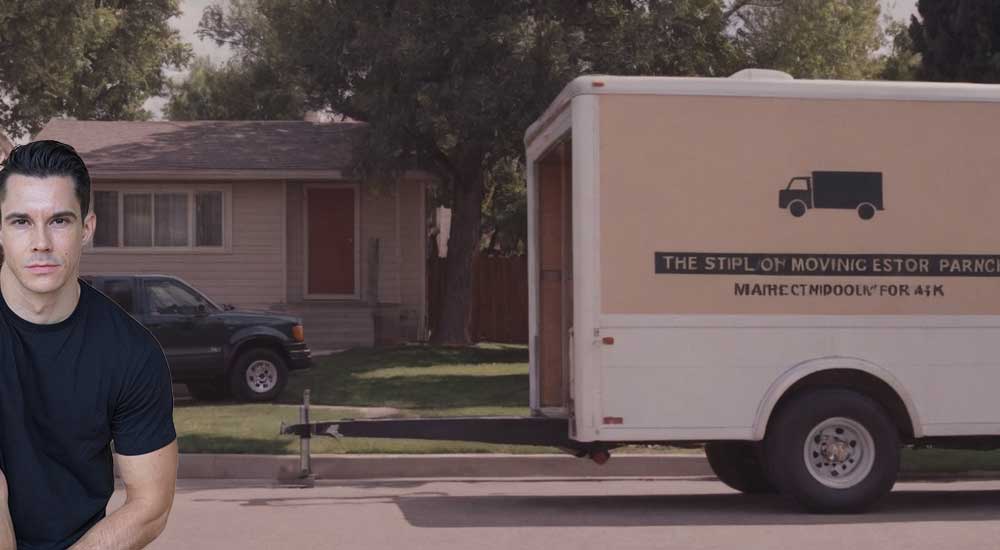
How long does a cross-country move usually take?
Your move may take a few days to up to two weeks from the pickup date.
There are specific requirements around this through the Department of Transportation, which state moving companies must make delivery within 21 business days of the customer’s projected first available delivery date before their reimbursements are required.
What is the difference between brokers and moving companies?
There are different types of moving companies; some only relocate locally, others complete long-distance, some specialize in office moving, and the best movers do it all!
However, it is best to avoid broker companies often posing online and over the phone as legitimate movers.
Still, they are not registered with a Motor Carrier number or capable of transporting your belongings across the country.
They simply pass your job onto a licensed carrier who will complete the move.
Know how to spot greedy companies and brokers through these signs:
- They are listed as a broker company or a carrier broker.
- The company requests a considerable deposit to book your move.
- They will likely make unrealistic promises.
- Your rep may not offer a virtual or in-home estimate for your move.
- They will not have a DOT or MC number.
Are there things I cannot pack during a long-distance move?
If you are working to declutter your house and lighten the load for transit, there are certain things you cannot bring with you on your cross-country move.
- Liquids or chemicals.
- Perishable food items.
- Paint.
- Flammable items or explosives/fireworks.
- Illicit substances or prescription medications.
- Firearms or ammunition.
With Rocky Movers, Hiring Skilled Labor for Your Cross-Country Move is Simple
Rocky Movers is dedicated to being the best movers in Denver!
We are licensed and insured long-distance and local movers in the Centennial State, trying to make relocation as accessible as possible to all the members of our community.
There are plenty of things that go into curating your final moving costs and outside factors contributing to the increase in these prices in recent years, but Rocky’s moving representatives are working towards offering a comprehensive solution!
Contact Our Moving Specialists to Request a Transparent, Free Price Estimate
Our team of professional relocation specialists is committed to creating stress-free moving processes, cost-efficient solutions for moving, and comfortable spaces for those seeking services to find solace during this crazy time in our world.
Contact Rocky Movers for a free quote and in-home or virtual moving estimate within your budget!

